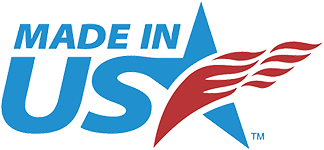Potassium Bicarbonate

Origin
Potassium bicarbonate is produced through a chemical process that involves the reaction of carbon dioxide with an aqueous solution of potassium carbonate. This method results in the formation of potassium bicarbonate, a white, crystalline powder.
Also Known As
Potassium bicarbonate is known by several names, indicative of its chemical composition and properties. These include:
- Potassium hydrogen bicarbonate
- Potassium acid carbonate
Usages
Potassium bicarbonate is versatile in its applications, spanning from health supplements to various industrial uses. As a dietary supplement, it provides essential potassium to help maintain normal muscle and heart function. In the food industry, it serves as a leavening agent in baking and as an acidity regulator in carbonated drinks and wines. Beyond culinary uses, potassium bicarbonate is employed as a fire retardant and as a fungicide, showcasing its broad utility.
Overview
Potassium bicarbonate is a vital inorganic compound known for its role as a potassium supplement and its wide-ranging industrial applications. As a solid, white alkaline mineral, it offers several benefits, including:
- Counteracting muscle weakness, cramping, and irregular heartbeats associated with low potassium levels.
- Serving as a food additive and leavening agent, improving texture and pH balance in various products.
- Utilization in fire suppression and as an eco-friendly fungicide in agriculture.
Common Dosage
The typical dosage for potassium bicarbonate as a dietary supplement is 1.3 grams, dissolved in 120 ml of water, to help correct potassium deficiency.
Summary
Potassium bicarbonate is an essential compound with diverse applications, from health supplements enhancing muscle and heart function to its use in food processing, fire safety, and agriculture. Its production from potassium carbonate and carbon dioxide highlights its chemical significance and utility in various fields.
- A vital source of dietary potassium.
- Broadly used in food production, safety applications, and agriculture.
- Recommended dosage for supplementation is 1.3 grams in 120 ml of water.
For more information, call Nutrasky today.







